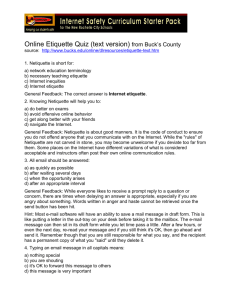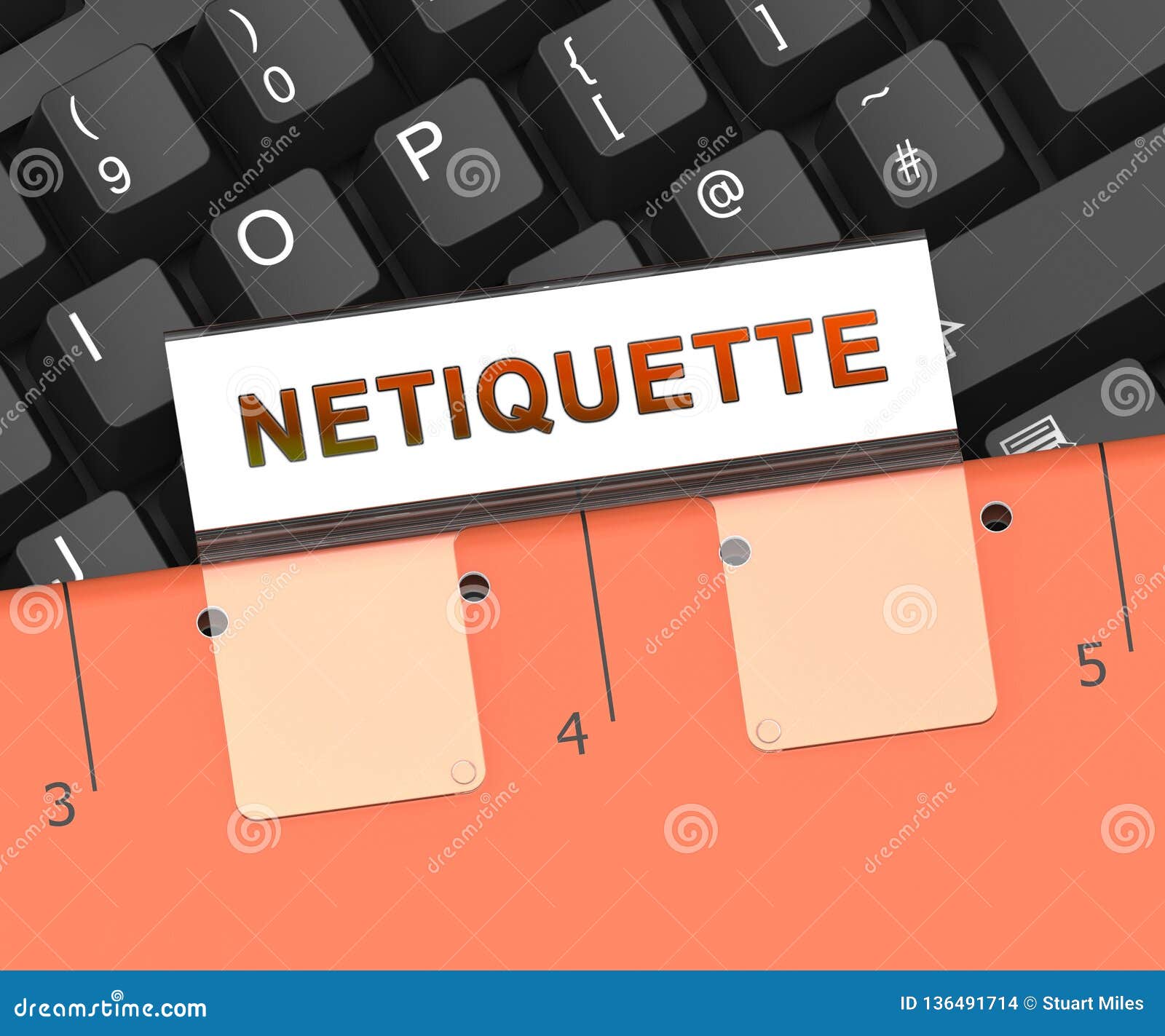

The following Ground Rules will be used as a set of guidelines to enable the creation of a comfortable and safe learning environment for everyone:

In this case specifically, these guidelines seek to make your online class a positive learning environment for everyone. Netiquette refers to a set of guidelines in online communication that help to ensure positive interactions. Never insult, demean, harass or embarrass others.Pro Tip: Discussion & Blog Netiquette Introduction Refrain from inappropriate language and derogatory or personal attacks. Where next? Will your comments discourage further conversation or help it to move forward? Don’t be judgemental or simply dismiss other people’s ideas.Take some time to reflect on the conversation, research, prepare and review your posts. Don’t necessarily respond immediately to other posts (especially if you are in a hurry, frustrated or annoyed).Don’t just agree or disagree, but consider what will your post add to the discussion? Edit out irrelevant information. Read other contributions before you post, so you’re not repeating the same ideas when the conversation has already moved on. (Why should others want to read this post, what new information have you contributed?) In your posts, try summarizing or quoting the specific content or idea to which you are responding. Change the subject line when replying to reflect the content of your post. Refer to your course outline for direction on expectations regarding the word length of posts and other communication guidelines. Posts are usually longer than a single line of text – but shouldn’t be longer than necessary to communicate the essentials. Encourage others to read your posts by making them brief and to the point. If there is something you want to say that you’re not sure is suitable for public display, then don’t post it. If appropriate, send a private message or email instead. Stay on topic, or start (or request) another thread.Unrelated topics, personal communication, or extended 1-1 conversations don’t belong on the discussion board. A discussion board is public, visible to course staff and fellow students.Should your posts directly respond to weekly course tasks? Do your posts form part of an assessment task? If so, refer to the course outline or assessment task rubric for guidelines on standards and criteria.Refer to your course outline for expectations on the specific content of posts. Discussion boards can be used for a variety of different purposes as part of your course.Be aware of the impact your posts can have on others.Challenge ideas, without resorting to personal attacks, and allow your own ideas to be challenged. Promote awareness, understanding and acceptance regarding the differences that exist between cultural groups. Acknowledge and celebrate the breadth of experience and intellectual resources that people from diverse backgrounds bring to the University.Be respectful of others’ views and opinions, and sensitive to differences.Treat every person with courtesy, and respect regardless of gender, age, ethnicity, social background, disability, sexual preference, or religious beliefs and customs.

Netiquette quizzes professional#
Act at the level appropriate for your status as a (beginning) professional and academic. Netiquette for students – Considerations when starting


 0 kommentar(er)
0 kommentar(er)
